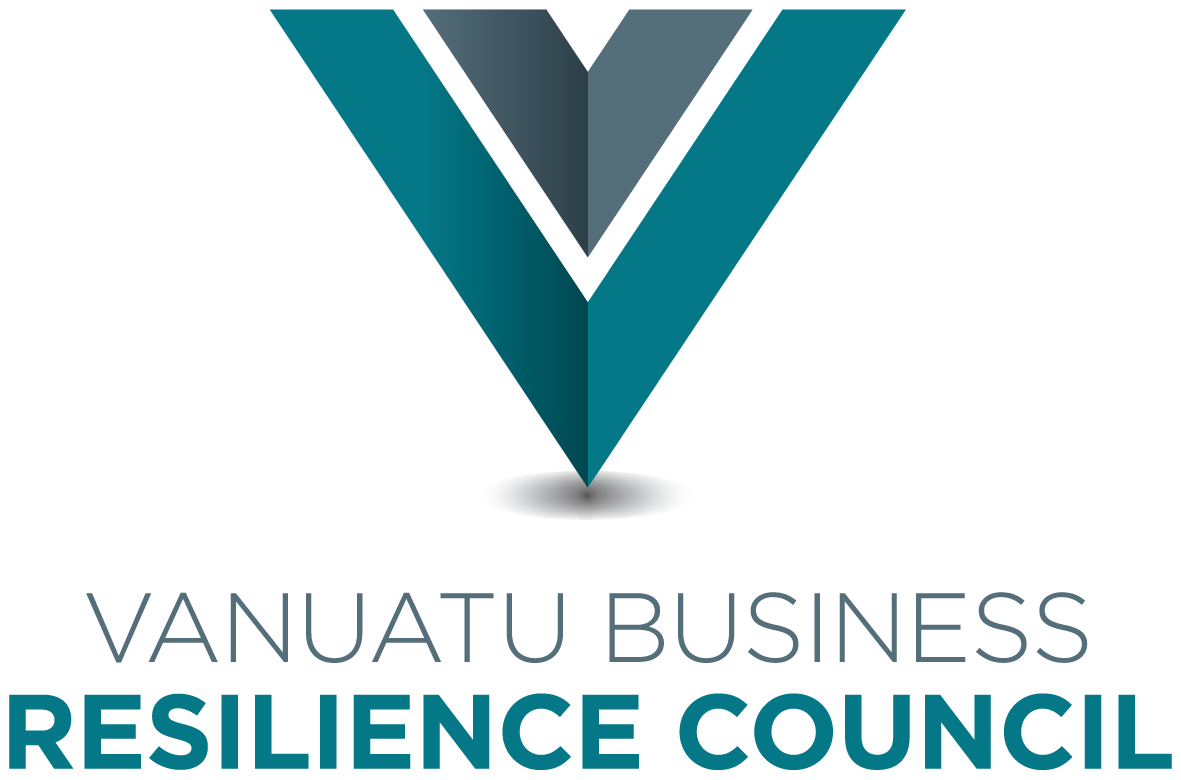Business Continuity Planning
In collaboration with the USAID Climate Ready Project, The Vanuatu Business Resilience Council delivers comprehensive business continuity training designed to help businesses in Vanuatu mitigate risks, minimize disruptions, and recover from crises. By providing the necessary knowledge and skills, the VBRC supports the development of a resilient business community, contributing to the overall stability and prosperity the communities in Vanuatu.
Training Components:
Risk Assessment and Analysis: VBRC's training begins with helping businesses identify potential risks and vulnerabilities within their operations. This includes assessing the likelihood and impact of various threats, such as natural disasters, cyber-attacks, and supply chain disruptions.
Business Impact Analysis (BIA): The training also involves conducting a BIA to evaluate the potential consequences of disruptions on business operations. This helps businesses understand the criticality of different functions and prioritize resources for recovery efforts.
Business Continuity Planning (BCP): VBRC provides guidance on developing comprehensive BCPs tailored to each business's unique needs. This includes identifying recovery objectives, strategies, and tactics to ensure continuity of operations during and after a disruption.
Incident Management: The training covers incident management best practices, focusing on effective communication, coordination, and decision-making during a crisis. Participants learn how to establish an Incident Management Team and assign roles and responsibilities.
Crisis Communications: VBRC's training emphasizes the importance of maintaining clear and effective communication with stakeholders during a crisis. The training covers strategies for managing media, communicating with employees, and keeping customers informed.
Plan Testing and Maintenance: The VBRC advocates for regular testing and updating of BCPs. The training provides businesses with the tools and techniques needed to conduct drills and exercises, analyze their results, and make improvements to their plans.
Disaster Recovery: The training includes guidance on developing disaster recovery plans, focusing on restoring critical systems and infrastructure, and returning to normal operations as quickly as possible.
Supply Chain Resilience: The VBRC training addresses supply chain risks and provides strategies for building resilience in the procurement, manufacturing, and distribution processes.






